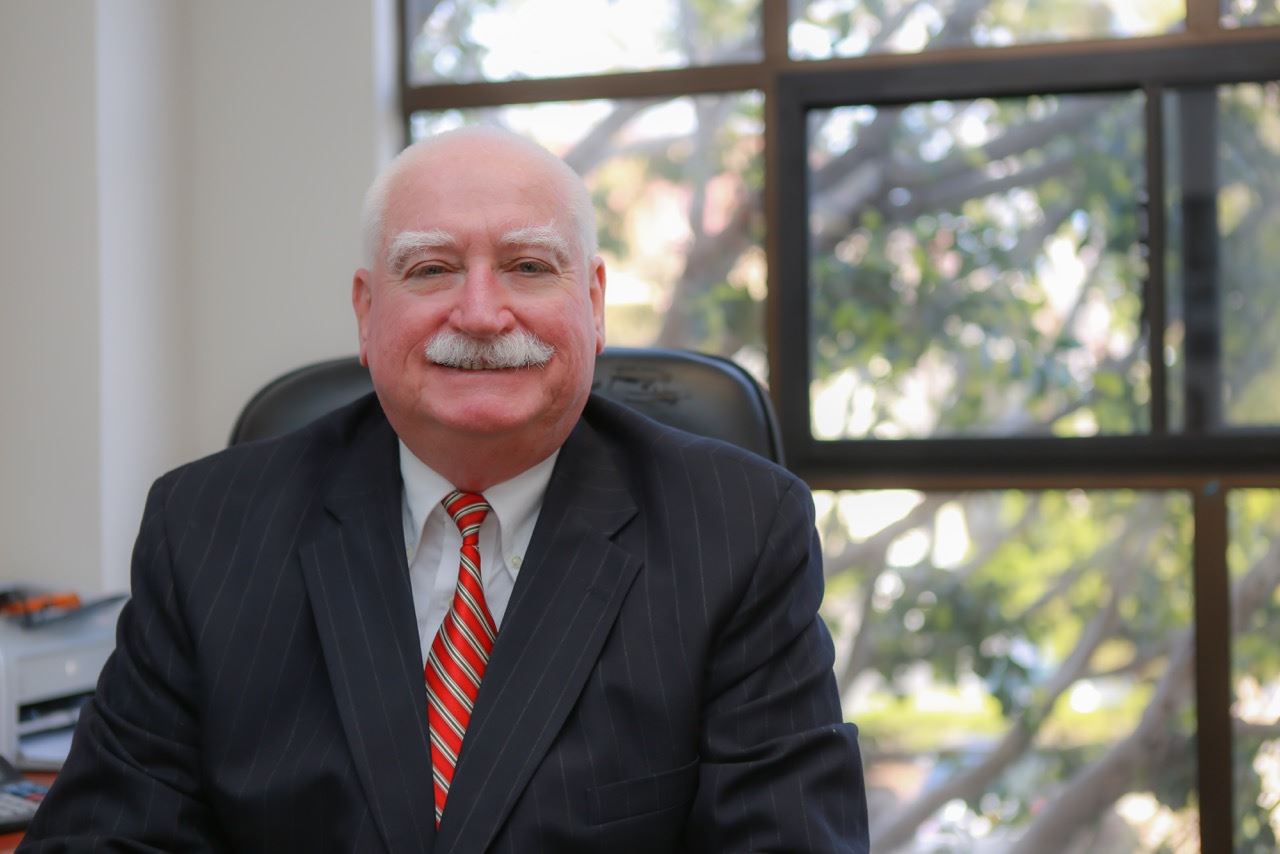If your bankruptcy is complete, you're wondering how you can rebuild your finances going forward. One thing you should do is create a brand-new budget based on your current income and cut out any unnecessary expenses. This is important because when you have a solid budget, you avoid the debt that caused you to file for bankruptcy in the first place. Once you do this, you should establish a regular savings habit both for emergencies and for your retirement. Here are additional ways to keep your finances stable after bankruptcy.
Building New Credit
Before you establish new credit, it's important to look over your credit report and score. You might not qualify for most secured cards due to bankruptcy, but you can get an unsecured credit card. Generally, you would pay a deposit when getting the card and this serves as collateral in the event you stop making payments. A benefit of a secured credit card is that the interest rates are low.
After you receive your new card, you'll need to watch how you use it. Don't use the card for purchases that you can easily pay for with cash or a check. Pay the bill on time and continue to monitor your credit report. Don't apply for numerous credit accounts as this could affect your credit history negatively. Another neat way to rebuild your credit is to be an authorized user on a relative or friend's credit card.
Change Your Attitudes About Money
Bankruptcy will not help you in the long run if you maintain the same poor money management habits you had before bankruptcy. It is necessary to change your attitudes about money in order to be financially stable for years to come. Don't let the size of your bank account determine your worth to yourself or others. When you shop, ask yourself if the product is a want or a need. Develop some long-term goals for your financial future and create a new budget that reflects those goals.
Boost Your Income
It also helps to increase your income so that you can pay bills on time and save more for the future. Maybe you can start a side hustle by doing online freelance work, selling your used clothes online, or working as a virtual assistant. Another idea would be to work a second job on weekends to earn extra money. If necessary, consider a different career field where you can utilize your current job skills and interests.
In conclusion, bankruptcy doesn't have to ruin your financial future. With careful planning and a new mindset, you can be free from debt and thrive financially on your own terms. If you need counsel regarding Chapter 7 or Chapter 13 bankruptcy, contact the Law Offices of James C. Shields. We can help you with your bankruptcy case and answer any difficult questions you might have during the process.
 James C. Shields received his J.D. from Loyola Law School in 1985 and an M.B.A. in Finance from the University of California, Los Angeles in 1975. He also earned a B.A in Economics from California State University Dominguez Hills in 1973. He previously worked as an attorney at the Law Offices of Robert G. Winterbotham, and in 1998, he started his own law firm to emphasize on the practice areas of bankruptcy, wills and probate, estate planning and conservatorship, and traffic cases.
James C. Shields received his J.D. from Loyola Law School in 1985 and an M.B.A. in Finance from the University of California, Los Angeles in 1975. He also earned a B.A in Economics from California State University Dominguez Hills in 1973. He previously worked as an attorney at the Law Offices of Robert G. Winterbotham, and in 1998, he started his own law firm to emphasize on the practice areas of bankruptcy, wills and probate, estate planning and conservatorship, and traffic cases.
James C. Shields is a member of the State Bar of California, the State Bar of Arizona, and the State Bar of Oregon. He is also a longtime member of the American Bar Association, the National Association of Consumer Bankruptcy Attorneys, and the Los Angeles County Bar Association.


